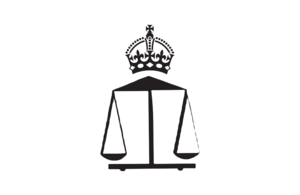Framework for interrogation of honey authenticity databases
A project, commissioned under Defra’s Food Authenticity Programme, to develop a practical framework for the interrogation of honey authenticity databases.

This project, commissioned under Defra’s Food Authenticity Programme, addresses a key enforcement challenge in honey authenticity testing and was jointly funded by the Government Chemist and Defra. It supports Defra’s priority to boost Britain’s food security by strengthening consumer trust and ensuring fair competition through accurate labelling. The work planned to deliver a practical framework to enable independent scrutiny of proprietary honey authenticity databases, which are often unpublished and opaque, yet underpin significant commercial testing decisions.
Lack of transparency in these databases has led to legal disputes and undermines confidence in non-targeted analytical methods used for verifying honey authenticity. Recognising this, the Government Chemist, Defra, the Food Standards Agency and Food Standards Scotland convened a seminar in 2019 with experts and industry, which identified the need for a mechanism to assess honey authenticity database fitness for purpose.
The Government Chemist convened an independent expert group led by Professor Michael Walker and Dr David Hoyland. This group developed a framework, which offers detailed guidance on evaluating database scope, composition, metadata, representativity, and method validation. It also includes safeguards for database owners and describes international standards and UK/EU regulations.
This framework will enable the assessment of the fitness for purpose of authenticity databases used to interpret authenticity test results, enabling reliable enforcement decisions and reducing legal ambiguity. It empowers both regulators and industry, supporting transparent, science-based scrutiny and advancing the integrity of the global food system.
Objective
Since 2018, Defra, FSA, FSS and the Government Chemist have been collaborating to address scientific challenges around honey authenticity. Their goal is to provide tools, standards and guidance for effective fraud testing, protecting consumers and legitimate businesses.
The aim of this project was to develop a practical framework to examine the composition and representativeness of honey databases, ensuring they are fit-for-purpose for specific analytical questions. This framework will also enable scrutiny of non-targeted, database-based methods such as NMR, which are currently used in honey testing. Ultimately, it aims to strengthen enforcement of food standards and improve reliability in detecting honey fraud.